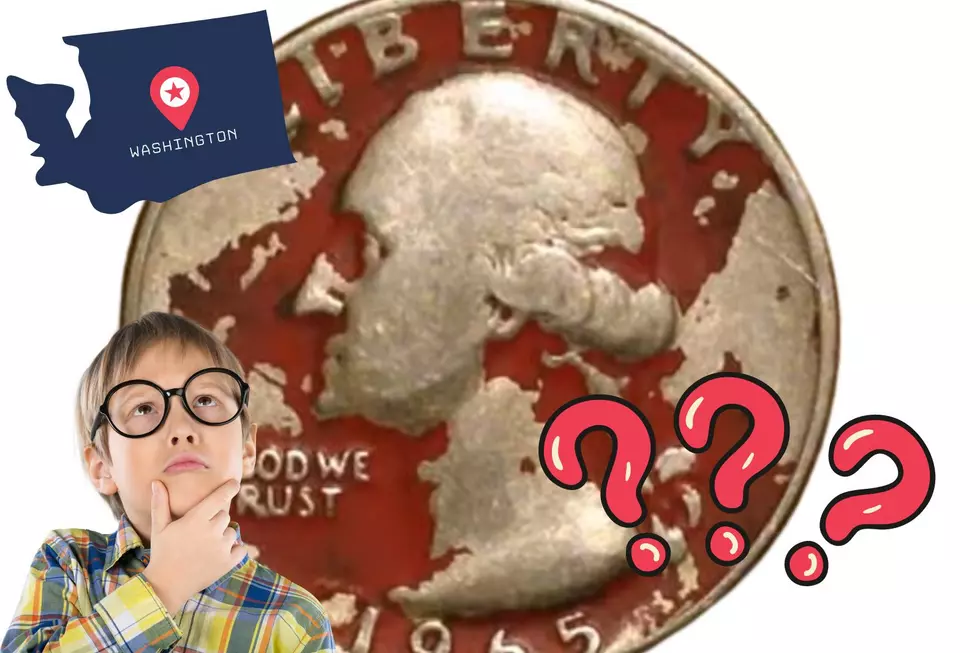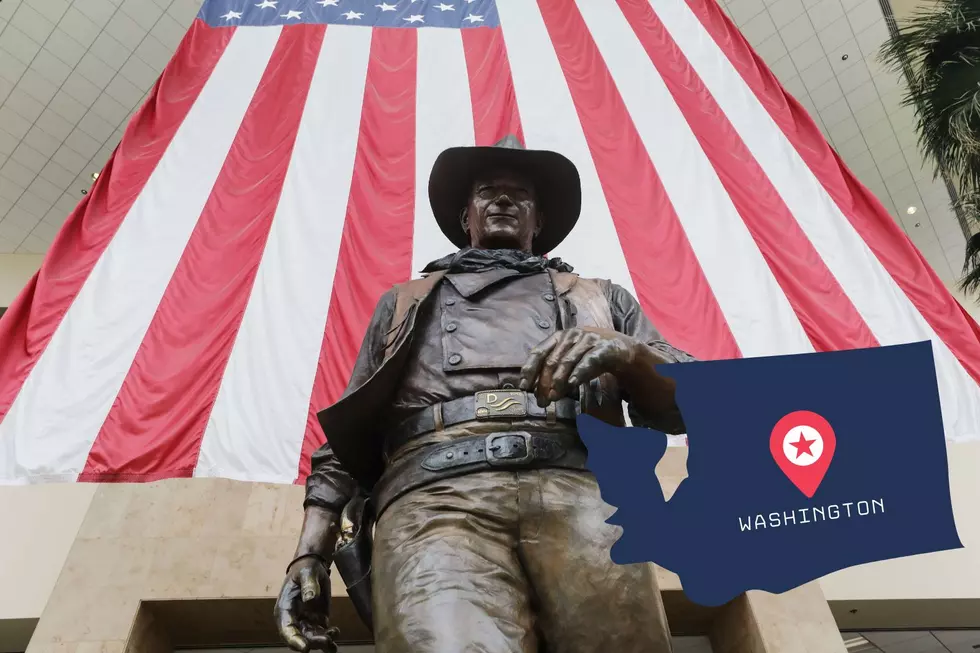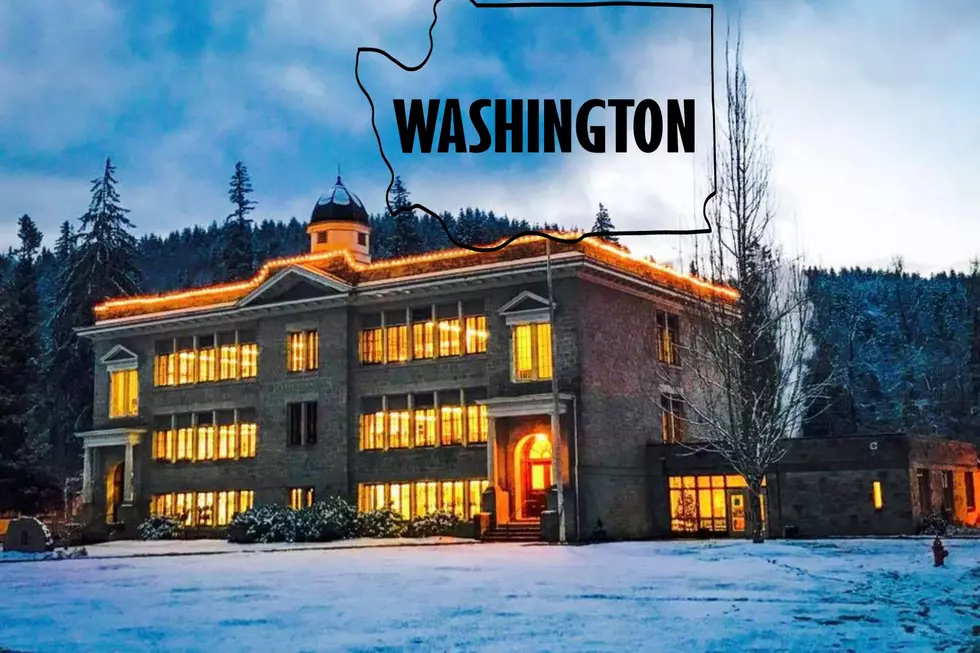
Surprising Legal Ground Rules for Squatting in Washington State
What first comes to mind when you hear the word "squatting?" For many people, squatting conjures up images of homeless people setting up tents on vacant city lots or maybe even occupying an abandoned building.
While these are both examples of squatting, they're not the only situations in which squatting can occur. In some cases, squatting may even be legal in Washington State.

So, what exactly are the ground rules for squatting in Washington State? Let's take a closer look:
What is Squatting In Washington State?
Squatting is defined as the act of entering and occupying vacant property without the permission of the owner. In some cases, squatters may also make improvements to the property, such as building a fence or planting a garden.
In others, they may simply use the property as a place to store their belongings or set up a temporary shelter. However, regardless of how they use it, one thing is always true of squatters: they do not have the legal right to occupy the property.
What Is Squatter's Rights In Washington State?
In general, squatter's rights refer to the legal doctrine that allows someone to claim ownership of property they don't technically own—usually land—as long as they can prove they've been living there for a certain period of time.
Squatting laws vary from state to state, so it's important to know the specifics before you go moving into that vacant house down the street.
In Washington State, the law regarding squatters' rights in part is found in RCW 64.04.010:
7 years (with color of title and paid property taxes) or 10 years of continuous possession for a squatter to make an adverse possession claim
So, according to this law, if you can show that you've been living on a piece of property for 10 years — and that you didn't get permission from the rightful owner to do so—you may be able to claim ownership of that property.
However, there are a few caveats. First, you have to be able to prove that you moved into the property with the intention of making it your home; simply using the land for recreational purposes (camping, hiking, etc.) doesn't count.
Second, the property must be unoccupied at the time you move in—so if there's already someone living there (even if they're not the rightful owner), you won't be able to squat.
Finally, the property must be improved in some way during your occupancy—so simply living there isn't enough; you'll need to make additions or improvements to the property itself.
As long as you meet the requirements laid out in RCW 64.04.010, squatting in Washington State is perfectly legal.
Here's another resource on squatting laws here.
However, it's important to note that this law only applies to unoccupied land—so if you try to move into an abandoned house that's already inhabited by another squatter, you won't be able to claim ownership of the property.
And even if the property is unoccupied, simply living there isn't enough; you'll need to make some kind of improvement to the property during your 10-year occupancy period in order to claim ownership under squatter's rights laws.
You can always read more about Washington State squatters' rights here
LOOK: What major laws were passed the year you were born?
25 True Crime Locations: What Do They Look Like Today?
More From 98.3 KEYW









